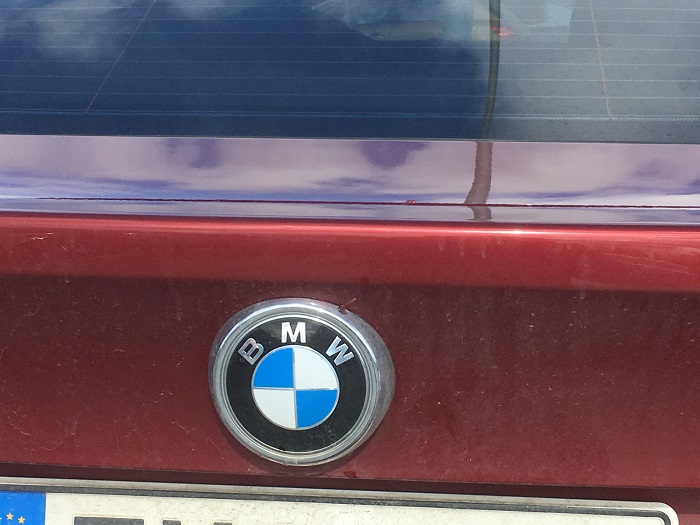BMW denies link between emissions scandal, collusion claims
Published : 24 Jul 2017, 17:58
Updated : 24 Jul 2017, 18:01
BMW on Monday rejected claims of having formed an agreement with other carmakers to install technology in diesel vehicles, which was non-compliant with emissions regulations.
Facing a wave of criticism over its alleged illicit collusion with leading German car brands Mercedes-Benz, Volkswagen, Audi, and Porsche, BMW denied any involvement in the most recent scandal and what has come be known as the global "Dieselgate" affair.
Earlier, reports had surfaced that carmakers agreed to purposefully install AdBlue tanks to purify diesel emissions which were too small to meet relevant regulations. Carmakers stand accused of installing illicit software to falsify results during emissions tests which would have been a result of a cost-saving measure by the automotive cartel.
In response, BMW said in a statement: "BMW vehicles are not manipulated and comply with respective legal requirements. The BMW Group categorically rejects accusations that Euro 6 vehicles sold by the company do not provide adequate exhaust gas treatment due to Adblue tanks that are too small."
The Munich-based firm said that its diesel cars with the Euro 6 emission standard employed a nitrogen oxide storage catalytic converter alongside AdBlue injection, meaning that emissions could be reduced with less AdBlue. Accordingly, the size of AdBlue tanks is the result of technological requirements rather than an agreement between producers.
BMW did not see a reason to recall cars with Euro 6 engines, although it has offered a cost-free software upgrade to owners of Euro 5 diesel vehicles which it sold.
Last week, Audi announced the recall of more than 850,000 vehicles to upgrade their Diesel motors.
The allegations of collusion between carmakers are a further blow to an industry still reeling from the emissions scandal.
Volkswagen AG was the first German carmaker which was revealed to have engaged in "emissions cheating" for its diesel vehicles in 2015. A U.S. federal judge ruled in April 2017 that Volkswagen "must pay a 2.8 billion U.S. dollar criminal fine for rigging diesel-powered vehicles to cheat on government emissions tests."
German Minister of Economics Brigitte Zypries said on Monday that "nothing less than the reputation of the whole German car industry" was at stake.
Stefan Bratzel, industry expert at the Center of Automotive Management, attributed part of the blame to politicians, however, whom he accused of a "culture of looking the other way."


